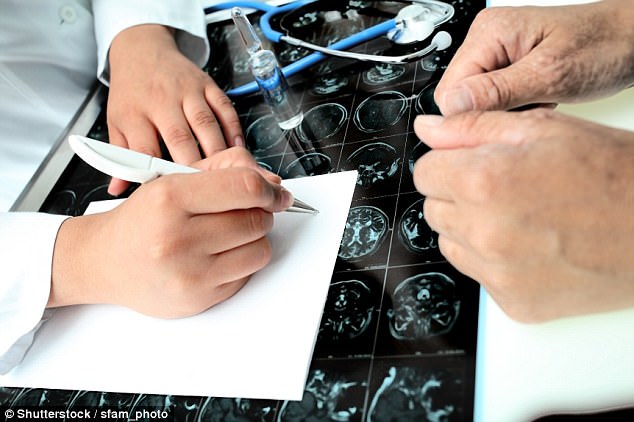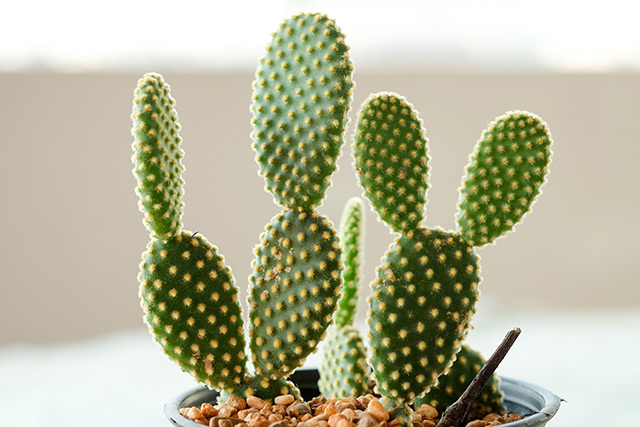Acupuncture being recognized as an effective alternative in addiction recovery
01/03/2019 / By Mary Miller

Addiction recovery does not come easily. The addiction to substances, such as alcohol, tobacco, or opium and other drugs, can have such an overwhelming impact on one’s life that it can completely overtake one’s physical, mental, and emotional health and well-being. If you are trying to get over an addiction, you can try the ancient healing art of acupuncture as an effective form of alternative therapy to cope with addiction.
Addiction recovery is a process that requires consistently sustained self-care and hard work. If you want to get better, you have to be willing to put in the effort to do so and be open to every option available. (Related: Study: Commitment and self-reliance prove to be the key to recovery from addiction.)
Acupuncture is a form of traditional Chinese medicine (TCM) that involves the insertion of sterile, hair-thin needles into specific points in the skin to stimulate the flow of healing energy throughout the body. It is normally used to treat a number of ailments and disorders. When used alongside other therapies, acupuncture can provide a number of health benefits that can bolster your long-term addiction recovery plans. When administered by a trained acupuncturist, it also has the advantage of having little risk of having any unwanted side effects.
The specific acupuncture treatment for addiction recovery is called the National Acupuncture Detoxification Association (NADA) protocol. This treatment targets five specific acupuncture points in each outer ear, namely the autonomic point, the Shen Men “spirit gate” point, the kidney point, the liver point, and the lung point. The treatment is often done in a place with a calm and meditative atmosphere, while the needles are left in these specific acupuncture points for around 30 minutes.
Health benefits acupuncture can provide for addiction recovery
There are a number of ways that acupuncture can aid in addiction recovery. Here are a few ways acupuncture can benefit those who use it as a coping therapy:
- It can help relieve stress and anxiety. Stress and anxiety can often trigger a relapse into one’s old addictive habits. If you want to prevent a relapse, you need to find healthy and constructive ways to manage your stress levels. Acupuncture can be integrated into an overall stress management routine to help provide regular relief from stress and anxiety.
- It can help manage chronic or acute pain without the need for medication. Some people develop an addiction to painkillers as they often see it as the only way to alleviate their chronic pain. Prescription medication can also trigger a relapse. Fortunately, you will have little need for prescription medication to relieve pain, if you use acupuncture instead. It can help you safely manage your pain by stimulating your body’s own natural painkillers.
- It can help reduce cravings. People who go into withdrawal often experience intense addiction cravings that may pull them back into their old habits. These cravings are usually felt most keenly during the early stages of addiction recovery. The NADA protocol is specifically designed to effectively manage cravings for addictive substances, such as drugs and alcohol.
- It can help treat depression. Depression is often associated with substance abuse disorders. As such, an ideal treatment should address both issues at the same time. It is important to find out if there are any underlying mental health conditions that may be linked to the addiction, or may even be aggravating it. Evidence suggests that acupuncture can be used to help treat depression.
- It can help improve sleep problems. Chronic sleep problems may lead to relapse. Ensuring that you get enough restful sleep can help to prevent relapse. Some studies suggest that acupuncture can be used to treat insomnia.
If you want to learn more about acupuncture and other forms of traditional Chinese medicine, you can read more articles by going to ChineseMedicine.news.
Sources include:
Tagged Under: acupuncture, addiction, addiction relapse, addiction therapy, alternative medicine, anxiety relief, coping therapies, drug addiction, natural cures, natural medicine, pain relief, remedies, self-help, substance abuse, therapies, traditional Chinese medicine, withdrawal symptoms


















